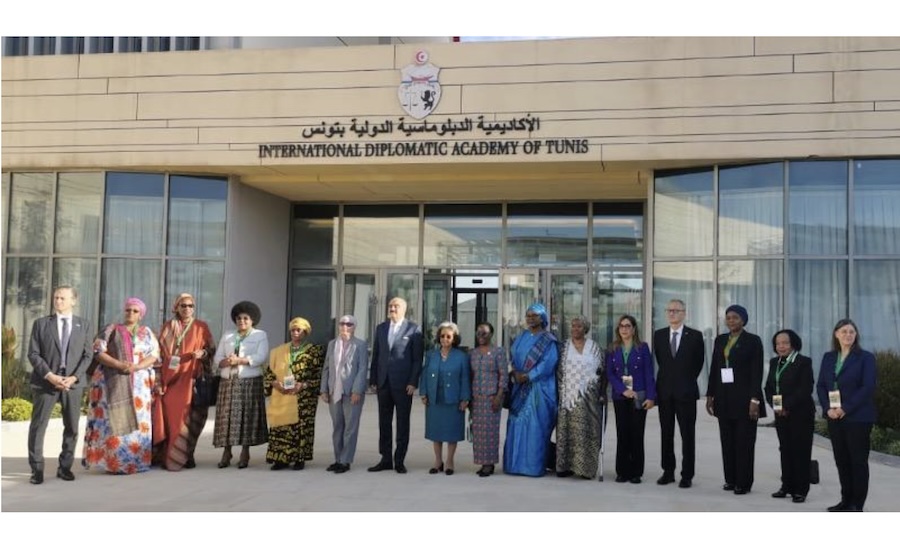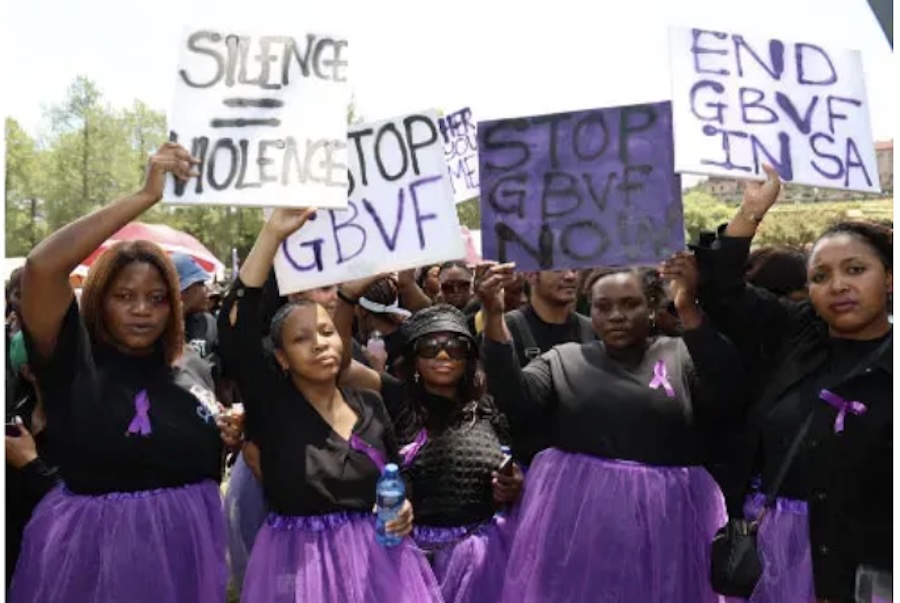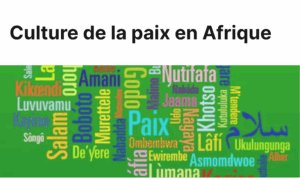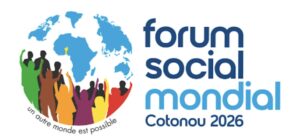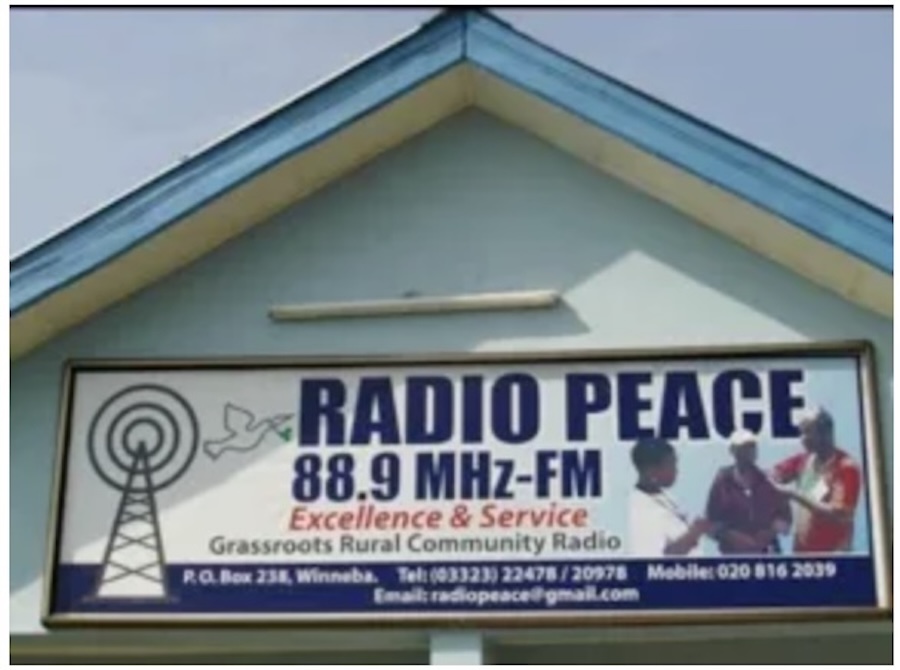. . SUSTAINABLE DEVELOPMENT . .
An article from the African Union
Agenda 2063 seeks to deliver on a set of Seven Aspirations each with its own set of goals which if achieved will move Africa closer to achieving its vision for the year 2063. These 7 Aspirations reflect our desire for shared prosperity and well-being, for unity and integration, for a continent of free citizens and expanded horizons, where the full potential of women and youth are realised, and with freedom from fear, disease and want.
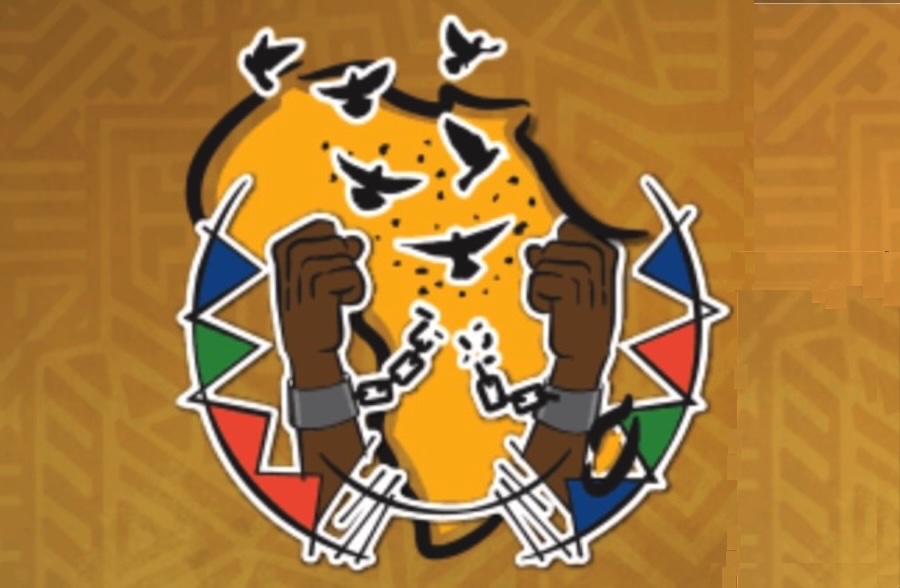
Aspiration 1: A prosperous Africa based on inclusive growth and sustainable development
We are determined to eradicate poverty in one generation and build shared prosperity through social and economic transformation of the continent.
Goals:
1. A high standard of living, quality of life and well-being for all
°ending poverty, inequalities of income and opportunity; job creation, especially addressing youth unemployment; facing up to the challenges of rapid population growth and urbanization, improvement of habitats and access to basic necessities of life – water, sanitation, electricity; providing social security and protection;
2. Well educated citizens and skills revolutions underpinned by science, technology and innovation
° developing Africa’s human and social capital (through an education and skills revolution emphasizing science and technology)
3. Healthy and well-nourished citizens
° expanding access to quality health care services, particularly for women and girls;
4. Transformed economies and jobs
° transforming Africa’s economies through beneficiation from Africa’s natural resources, manufacturing, industrialization and value addition, as well as raising productivity and competitiveness
5. Modern agriculture for increased proactivity and production
° radically transforming African agriculture to enable the continent to feed itself and be a major player as a net food exporter;
6. Blue/Ocean Economy for accelerated economic growth
° exploiting the vast potential of Africa’s blue/ocean economy;
7. Environmentally sustainable climate and resilient economies and communities
°putting in place measures to sustainably manage the continent’s rich biodiversity, forests, land and waters and using mainly adaptive measures to address climate change risks
Aspiration 2: An integrated continent, politically united and based on the ideals of Pan-Africanism and the vision of Africa’s Renaissance
Since 1963, the quest for African Unity has been inspired by the spirit of Pan Africanism, focusing on liberation, and political and economic independence. It is motivated by development based on self-reliance and self-determination of African people, with democratic and people-centred governance.
Goals:
1. United Africa (Federal/Confederate)
accelerating progress towards continental unity and ° integration for sustained growth, trade, exchanges of goods, services, free movement of people and capital through establishing a United Africa and fast tracking economic integration through the of the CFTA
2. World class infrastructure criss-crosses Africa
° improving connectivity through newer and bolder initiatives to link the continent by rail, road, sea and air; and developing regional and continental power pools, as well as ICT
3. Decolonisation
° remnants of colonialism will have ended and all African territories under occupation fully liberated. We shall take measures to expeditiously end the unlawful occupation of the Chagos Archipelago, the Comorian Island of Mayotte and affirming the right to self-determination of the people of Western Sahara.
Aspiration 3: An Africa of good governance, democracy, respect for human rights, justice and the rule of law
An Africa of good governance, democracy, respect for human rights, justice and the rule of law.
(article continued in right column)
Can the African Union help bring a culture of peace to Africa?
(article continued from left column)
Africa shall have a universal culture of good governance, democratic values, gender equality, and respect for human rights, justice and the rule of law.
Goals:
1. Democratic values, practices, universal principles for human rights, justice and rule of law entrenched
° consolidating democratic gains and improving the quality of governance, respect for human rights and the rule of law;
2. Capable institutions and transformed leadership in place at all levels
° building strong institutions for a development state; and facilitating the emergence of development-oriented and visionary leadership in all spheres and at all levels.
Aspiration 4: A peaceful and secure Africa
Mechanisms for peaceful prevention and resolution of conflicts will be functional at all levels. As a first step, dialogue-centred conflict prevention and resolution will be actively promoted in such a way that by 2020 all guns will be silent. A culture of peace and tolerance shall be nurtured in Africa’s children and youth through peace education.
Goals:
1. Peace security and stability is preserved
° strengthening governance, accountability and transparency as a foundation for a peaceful Africa;
2. A stable and peaceful Africa
° strengthening mechanisms for securing peace and reconciliation at all levels, as well as addressing emerging threats to Africa’s peace and security
3. A fully functional and operational APSA
° putting in place strategies for the continent to finance her security needs.
Aspiration 5: An Africa with a strong cultural identity, common heritage, shared values and ethics
Pan-Africanism and the common history, destiny, identity, heritage, respect for religious diversity and consciousness of African people’s and her diaspora’s will be entrenched.
Goal:
1. Africa cultural renaissance is pre-eminent
° inculcating the spirit of Pan Africanism; tapping Africa’s rich heritage and culture to ensure that the creative arts are major contributors to Africa’s growth and transformation; and restoring and preserving Africa’s cultural heritage, including its languages.
Aspiration 6: An Africa, whose development is people-driven, relying on the potential of African people, especially its women and youth, and caring for children.
All the citizens of Africa will be actively involved in decision making in all aspects. Africa shall be an inclusive continent where no child, woman or man will be left behind or excluded, on the basis of gender, political affiliation, religion, ethnic affiliation, locality, age or other factors.
Goals:
1. Full gender equality in all spheres of life
° strengthening the role of Africa’s women through ensuring gender equality and parity in all spheres of life (political, economic and social); eliminating all forms of discrimination and violence against women and girls;
2. Engaged and empowered youth and children
° creating opportunities for Africa’s youth for self-realisation, access to health, education and jobs; ensuring safety and security for Africa’s children, and providing for early childhood development.
Aspiration 7: Africa as a strong, united, resilient and influential global player and partner.
Africa shall be a strong, united, resilient, peaceful and influential global player and partner with a significant role in world affairs. We affirm the importance of African unity and solidarity in the face of continued external interference including, attempts to divide the continent and undue pressures and sanctions on some countries.
Goals:
1. Africa as a major partner in global affairs and peaceful co-existence
° improving Africa’s place in the global governance system (UN Security Council, financial institutions, global commons such as outer space);
2. Africa takes full responsibility for financing her development
° improving Africa’s partnerships and refocusing them more strategically to respond to African priorities for growth and transformation; and ensuring that the continent has the right strategies to finance its own development and reducing aid dependency.
– – – – – –
If you wish to make a comment on this article, you may write to coordinator@cpnn-world.org with the title “Comment on (name of article)” and we will put your comment on line. Because of the flood of spam, we have discontinued the direct application of comments.
